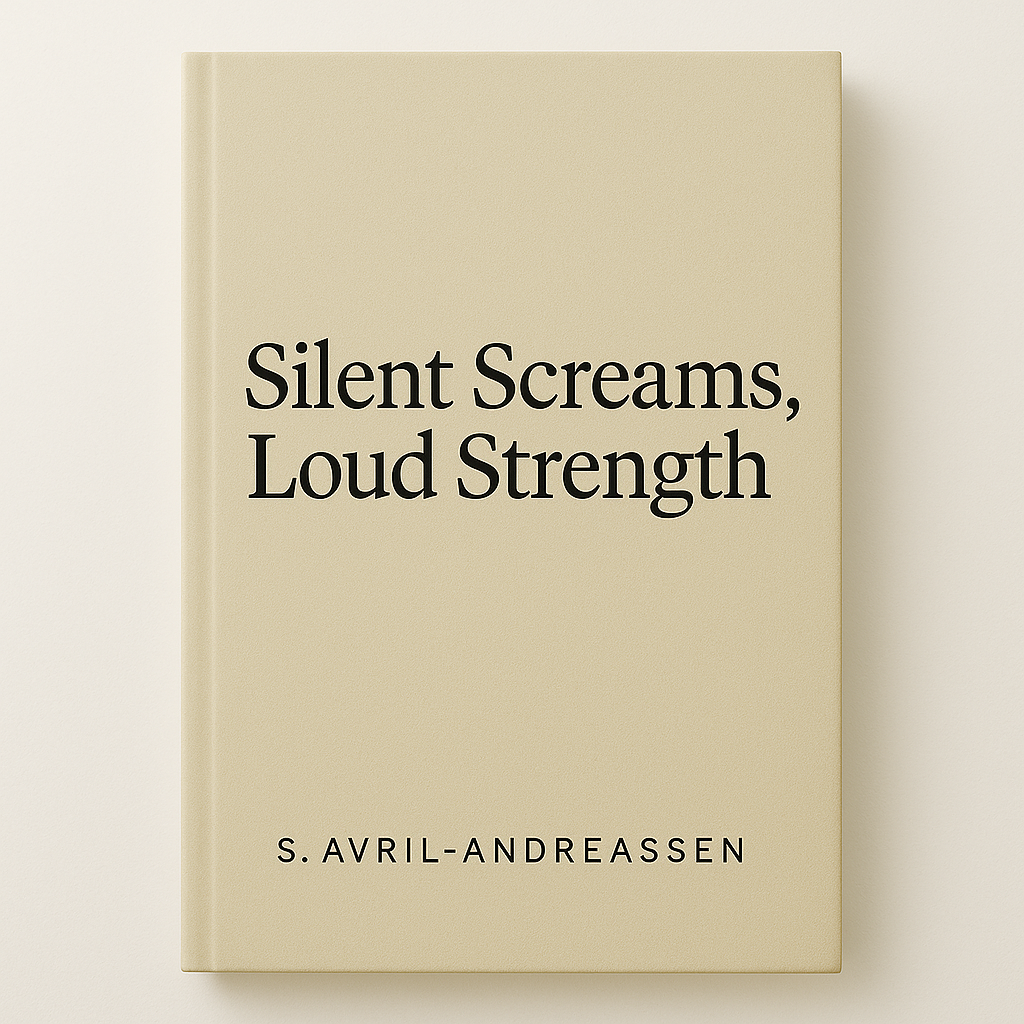When Power Abuses: The Devastating Toll of Bullying, Harassment, Misogyny, and Misogynoir
Naming the Unseen
Power is supposed to protect. But what happens when power is the perpetrator? When it stops being a source of protection and instead becomes a weapon of oppression — used to silence, diminish, and destroy?
This article is a truth-telling piece — a necessary confrontation with the layered realities of bullying, harassment, misogyny, and its more targeted form: misogynoir. As a Black woman survivor of domestic abuse, who has also been failed by the legal and political systems that should have safeguarded me, I am writing not just from personal experience, but from collective memory. From a voice that refuses to be erased.
These aren’t isolated incidents. They’re patterns. Patterns of power abused, justice denied, and silence weaponised.
The Many Faces of Power and Control
Bullying doesn’t always look like playground taunts. In adulthood, it’s found in gaslighting emails, court orders delivered without notice, and systemic roadblocks that target your credibility. Harassment isn’t always sexual — it can be administrative, legal, or economic. Misogyny can come dressed in black robes or wielded behind desks of authority. And misogynoir? That’s the specific, racialised hatred Black women face when we dare to be vocal, visible, and unyielding.
This is not just an emotional toll. It’s psychological warfare.
When the police ignore reports. When courts hand homes to abusers. When women of colour are deemed “too angry” to be protected. When the systems built to help retraumatise instead — what we are witnessing is institutional abuse in plain sight.
Misogynoir: The Silencing of Black Women
Coined by Moya Bailey, “misogynoir” is the specific intersection of racism and sexism that targets Black women. We are labelled aggressive when we defend ourselves, unstable when we express emotion, and invisible when we ask for support.
In my own journey, I have experienced first-hand how my race and gender were used as justifications to question my capacity, credibility, and character. I wasn’t just disbelieved — I was punished for surviving.
Misogynoir is not a buzzword. It is a reality that plays out in family courts, medical neglect, media portrayals, and professional sabotage. It must be named. It must be dismantled.
The Cost of Speaking Out
To speak out is to risk further harm. Victims who challenge institutional failures are often met with more aggression: gag orders, character smears, online trolling, professional retaliation.
I have experienced it all.
But let this be clear: silence is not peace. It is compliance. And I refuse to comply with injustice.
When survivors — especially survivors of colour — speak out, we’re not just reclaiming our power. We’re challenging the very systems that benefit from our silence. This is activism. This is resistance. This is necessary.
Why This Matters to Everyone
You don’t have to be a survivor to care. You don’t have to be a woman to speak up. You don’t have to be Black to call out misogynoir.
This matters because abuse of power erodes democracy. It corrodes trust. It allows unchecked violence to fester — not just in homes, but in our institutions.
When the legal system enables abuse, when racism is embedded in policy, when sexism shapes funding and access — we are all affected. This is not a niche issue. It is a human rights emergency.
The Path Forward: Naming. Challenging. Reforming.
We need:
Trauma-informed, anti-racist legal reform
Survivor-led investigations into court abuse
Institutional accountability at every level
Public platforms for truth-telling
Intersectional feminist advocacy that prioritises Black women’s voices
The cost of ignoring these demands is too high. And the silence we’re asked to maintain? That ends now.
Conclusion: We Will Not Be Erased
To those who think we are too loud — we are not loud enough. To those who wish we would go quietly — we are only getting started.
Power must be held accountable. Survivors must be believed. And Black women must be heard, honoured, and protected.
We will not whisper. We will write. We will march. We will speak. We will create. And we will win.
Because the most radical thing a silenced woman can do is refuse to disappear.
📘 Read more at: www.samanthaavrilandreassen.com
🎧 Listen: Silent Screams, Loud Strength on Spotify
📩 Contact: samantha@samanthaavrilandreassen.com
Keywords: abuse of power, bullying and harassment, misogyny in law, misogynoir, Black women survivors, family court injustice, institutional abuse, domestic violence and race, survivor-led advocacy, trauma-informed justice

